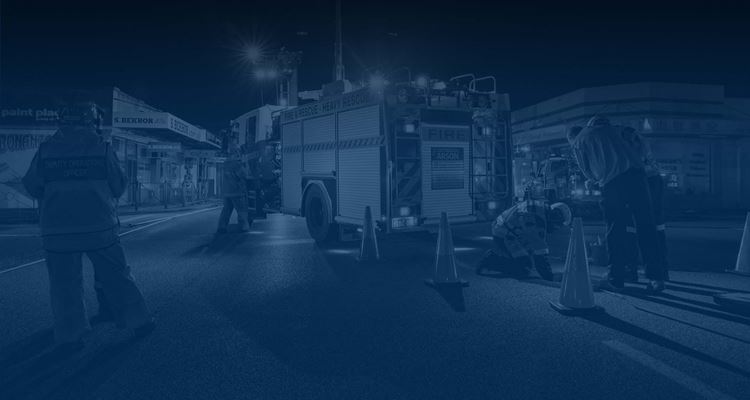Rain slows onset of Western Australia's northern bushfire season
The aftermath of Tropical Cyclones Blake, Damien and Esther has continued to delay the start of the northern Western Australian bushfire season.

The significant rainfall across the north west during the 2019/2020 wet season has led to increased vegetation growth. But delays in curing and high soil moisture levels have not been conducive to significant bushfires occurring, as outlined in the Bushfire and Natural Hazards CRC Australian Seasonal Outlook released today.
Bushfires in the Pilbara and Kimberley are typically expected from as early as June, but so far this season only 4,000 hectares of land has burnt in the Kimberley compared to more than 55,000 over the same period last year.
Despite the slow start to the dry season, communities in the Shires of Broome, Derby-West Kimberley and Halls Creek still face above normal fire conditions due to the higher than usual fuel loads.
Fire and Emergency Services Commissioner Darren Klemm AFSM said if the northern bushfire season was delayed any further, it could coincide with the southern season, placing pressure on resources across the State.
“Those in the north west have been fortunate to have avoided a major bushfire up to now but complacency can be deadly. Being prepared is the best way to survive if disaster strikes,” Commissioner Klemm said.
“Whether you’re living in the Kimberley or Pilbara, or planning to holiday there, take five minutes to decide when you will know to leave, where will you go, and which way will you go.”
The outlook period for southern WA predicts normal fire conditions for September to November.
“Volunteer and career firefighters are carrying out mitigation activities including planned burns in the south of the State to reduce fuel loads ahead of summer,” Commissioner Klemm said.
“Although we are expecting normal fire conditions in the southern part of the State, this doesn’t mean there isn’t any risk. All it takes is for one hot and windy day for a bushfire to rapidly escalate and threaten life and property.
“I urge those who live near bushland to take advantage of these favourable conditions and start preparing your property and develop a bushfire plan.”
For more information on how to prepare for a bushfire visit dfes.wa.gov.au/bushfire
END
Media Contact: DFES Media and Corporate Communications 9395 9543.

